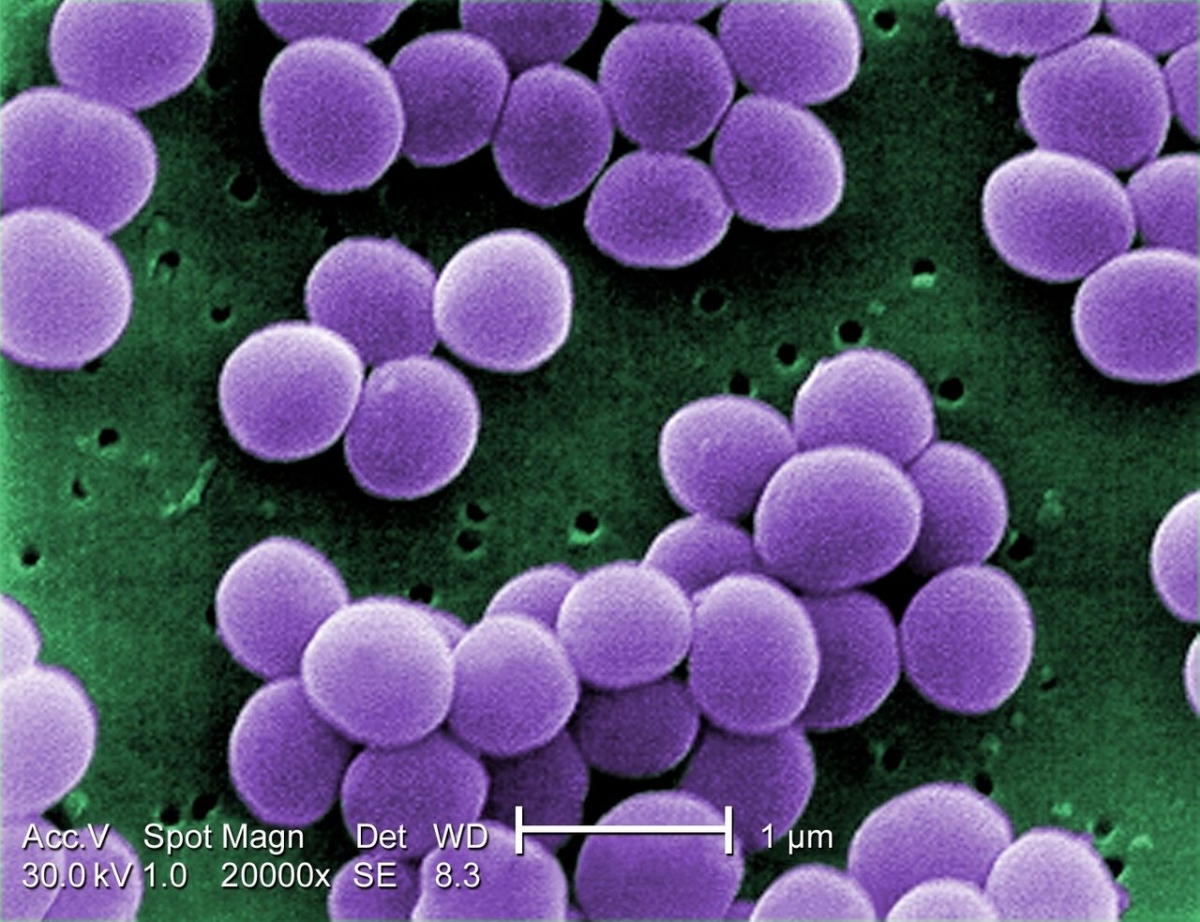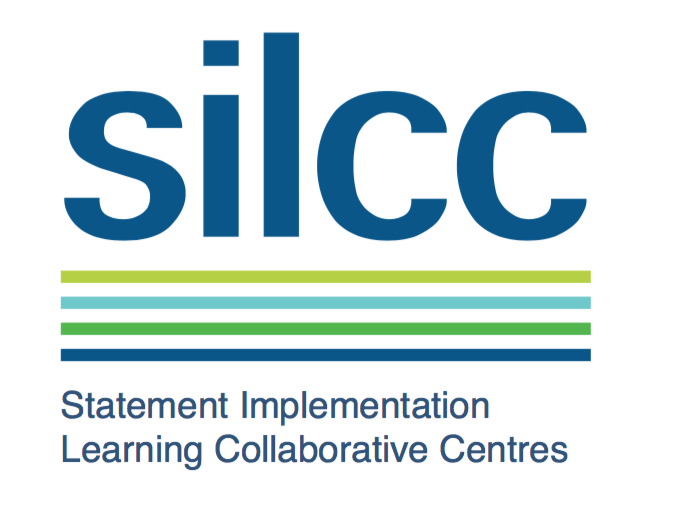EU Monitor –9/10 Launch of EAHP’s 2018 Medicines Shortages Report
The EAHP EU Monitor is a regular round up of news relevant to hospital pharmacy in Europe.
You can subscribe to receive the EAHP EU Monitor by email HERE.
Save the date – Release of EAHP’s 2018 medicines shortages survey results
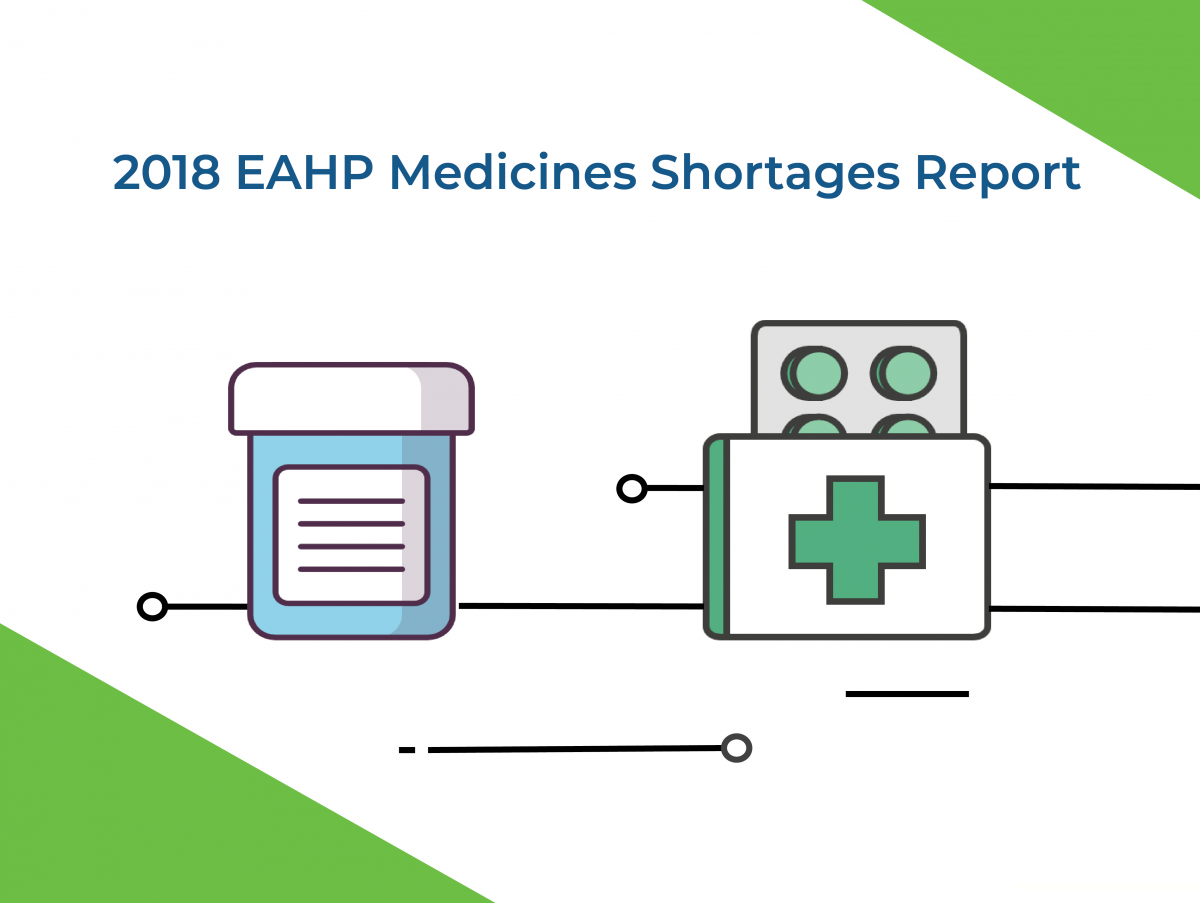
On 7thNovember 2018, the European Association of Hospital Pharmacists will be sharing the 2018 Medicines Shortages Report with the wider public which will be launched during a press conference held at the Press Club Brussels Europe (Rue Froissart 95, 1000 Brussels) starting at 10.30.
The report analyses the results of EAHP’s 2018 Medicines Shortages Survey which confirm that shortages remain a major issue in Europe. The feedback by the 1666 respondents also showed that problems in terms of delivering the best care to patients/operating the hospital pharmacy have significantly increased. EAHP Vice President Aida Batista will be sharing further insights from the report during the launch event. In addition, a discussion on the results and the implications of medicines shortages for patients and healthcare professionals is foreseen. The following speakers have confirmed their attendance:
- Dr Helena Jenzer (Chief Pharmacist at the University Hospital of Psychiatry Zurich);
- Luc Matthysen (Volunteer at Eurordis, member of Eurordis's Drug Information, Transparency and Access task force and member of HTAP Belgium, the Belgium association for pulmonary hypertension and of PHA Europe); and,
- Dr Mina Gaga (President of the European Respiratory Society and Medical Director at the Athens Chest Hospital).
Join us for a lively exchange between the representatives of the European Parliament and the European Commission, the public health sector, policy makers and civil society. As the number of available seats for the event is limited, please confirm your presence for the presentation and light lunch as soon as possible via the following LINK.
For further information, please contact: stephanie.kohl[at]eahp[dot]eu
Resolution on the “One Health” approach adopted by European Parliament
In mid-September, the European Parliament adopted a resolution addressing the growing threat posed by antibiotic-resistant bacteria. The resolution on a “One Health” approach highlights the importance of the correct and prudent use of antimicrobials as an essential tool to limit antimicrobial resistance of humans, animals and aquaculture.
The resolution urges the European Commission and Member States to restrict the sale of antibiotics by healthcare professionals. In addition, incentives to prescribe them should be removed and firm action should be taken to address illegal sales and sales without prescription of antimicrobials in the Union. These actions should be supported by measures ensuring that consumers make well-informed choices. Another aspect taken up by the resolution is research and development. Investment in new substances should be stimulated and an EU priority pathogen list for both humans and animals should be drafted by the European Commission.
Read full resolution HERE
Commission stakeholder conference on biosimilar medicines

On 14 September, the European Commission hosted the fourth edition of its annual stakeholder event on biosimilar medicinal products to promote the exchange of knowledge and best practices in biosimilars' use and uptake. Topics addressed during the event included the uptake of biosimilars in oncology, sustainable procurement practices, and the improvement of the understanding of biosimilars through educational measures.
Representatives of public authorities, patients' organisations, healthcare professionals, and pharmaceutical companies were among the participants. Dr Miguel Angel Calleja Hernández, President of the Spanish Hospital Pharmacy Association (SEFH) was among the speakers and outlined the views of hospital pharmacists.
During the event it was also announced that the 'information guide for healthcare professionals' is now also available in Dutch, French German, Italian, Polish, Portuguese and Spanish. This document which was developed jointly by the European Medicines Agency and the European Commission ensures that healthcare professionals have access to realistic and unbiased information about the science and regulation related biosimilar use.
Presentations of the event are available HERE
Updates from the European Medicines Agency

Launch of new website
At the end of September the European Medicines Agency (EMA) launched a new version of its website to improve the user experience. Changes include an improved search, allowing users to find content easily and to filter their search results, a ‘responsive’ design for cleaner display on mobile devices, simpler URLs based on the location and title of webpages or documents and an updated visual design offering users a clearer reading experience and simpler navigation.
More information HERE
New paediatric action plan
To boost the development of medicines for children and adolescents, the EMA and the European Commission’s Directorate-General for Health and Food Safety (DG SANTE) have adopted a joint action plan. This plans seeks to address the shortcomings outlined in the ten-year report on the implementation of the Paediatric Legislation (for more information see EU Monitor of 7 November 2017). The plan covers actions in the following 5 categories that should be implemented by 2020:
- identifying paediatric medical needs;
- strengthening cooperation between decision makers;
- ensuring timely completion of paediatric investigation plans (PIPs);
- improving the handling of PIP applications; and,
- increasing transparency around paediatric medicines.
More information HERE
PRAC recommends restricting the use of quinolone and fluoroquinolone medicines
Following a review of disabling and potentially long-lasting side effects reported with quinolone and fluoroquinolone medicines EMA’s Pharmacovigilance Risk Assessment Committee (PRAC) has recommended restricting the use of these medicines.
PRAC advised that all medicines containing a quinolone antibiotic, should be removed from the market. In relation to the remaining fluoroquinolone antibiotics PRAC recommended that they should not be used
- to treat infections that might get better without treatment or are not severe (such as throat infections);
- for preventing traveller’s diarrhoea or recurring lower urinary tract infections (urine infections that do not extend beyond the bladder);
- to treat patients who have previously had serious side effects with a fluoroquinolone or quinolone antibiotic; and
- to treat mild or moderately severe infections unless other antibacterial medicines commonly recommended for these infections cannot be used.
Moreover, PRAC highlighted that fluoroquinolone antibiotics should be used with caution especially when taken by the elderly, patients with kidney problems, patients who have had an organ transplantation or those who are being treated with a systemic corticosteroid. These patients are at higher risk of tendon injury caused by fluoroquinolone and quinolone antibiotics.
The PRAC’s recommendations will now be sent to EMA’s Committee for Medicinal Products for Human Use (CHMP), which will adopt the Agency’s final opinion.
More information HERE
PRAC confirms precautionary advice on HIV medicine dolutegravir
The PRAC confirmed its precautionary advice issued earlier this year on the use of dolutegravir in pregnant women and women who can become pregnant (for more information see EU Monitor of 24 May 2018). Recommendations include the use of effective contraception while taking dolutegravir and pregnancy testing before starting treatment.
The precautionary advice bases itself on the evaluation of preliminary results from a study which found cases of neural tube defects (birth defects of the brain and spinal cord) in babies born to mothers who used dolutegravir during pregnancy. As the study is still ongoing, a further assessment will be carried out once the final results become available next year.
More information HERE
FIP – calls for nominations
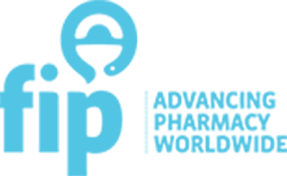
The International Pharmaceutical Federation (FIP) has issued two calls for nominations concerning the position of the FIP Scientific Secretary and the Høst Madsen Medal, the highest scientific honour awarded by FIP to recognize a distinguished research-active scientist who has made significant and outstanding contributions to the diverse field of pharmaceutical sciences.
At the end of the FIP congress in 2019, the current FIP Scientific Secretary will finish his term. A new candidate to be proposed by the Board of Pharmaceutical Sciences for ratification at the Council meeting in September 2019 is sought. The FIP Scientific Secretary election is a multi-stage process. From the received nominations the Members of the Board of Pharmaceutical Sciences will elect a candidate in January 2019. The elected candidate will then be forwarded to the Council for ratification at the Council meeting to be held in September 2019 in Abu Dhabi, United Arab Emirates. More information on the procedure can be obtained by EAHP members through contacting info[at]eahp[dot]eu.
The Høst Madsen Medal is given every other year in memory of Dr Høst-Madsen, who was an eminent President of FIP. Generous support for the award of the Medal is provided by the Danmarks Apotekerforening (Association of Danish Pharmacies). EAHP members are invited to put forward nominees for this prestigious award. Full details on the process and the selection criteria can be found on FIP’s website.
Candidates interested to be nominated as FIP Scientific Secretary and individuals wishing to put forward a Høst Madsen Medal nominee should contact info[at]eahp[dot]eu by 26 November 2018.
EJHP: Medicines reconciliation in primary care: a study evaluating the quality of medication-related information provided on discharge from secondary care
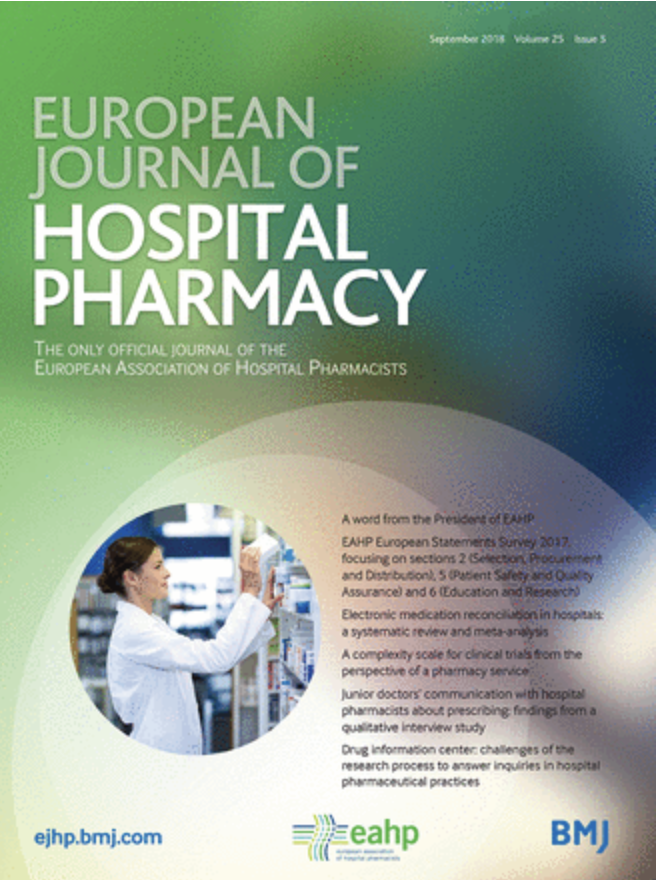
The original article provides information on an evaluation of medicines reconciliation after discharge from the hospital. The study assessed the quality of information regarding medicines within discharge summaries and determined whether the information provided regarding medicines changes were acted on. Overall, it concluded good compliance with discharge medication documentation standards.
Read more HERE
[EAHP Statement Corner]
Launched during the 24th EAHP Congress in Gothenburg, the SILCC programme is a new initiative allowing hospital pharmacists to visit hospitals (SILCC Hosts) from other EAHP member countries in order to receive training in procedures linked to the European Statements of Hospital Pharmacy. EAHP has set up a reward system for SILCC Hosts and limited financial help for SILCC Fellows.
Do you want to become a SILCC Hosts and provide training to other pharmacists? Or do you want to become a SILCC Fellow and visit other hospitals to learn about new procedures in order to share that knowledge with your colleagues? Then click HERE and visit our website. Don’t hesitate to contact the EAHP Implementation team at Statements[at]eahp[dot]eu to learn more about SILCC.
------------------------------------------------------------------------------------------------

Consultations
EMA- Draft guideline on clinical evaluation of vaccines
This guideline addresses the clinical evaluation of vaccines intended for the prevention of infectious diseases. It includes considerations for trials intended to document the safety, immunogenicity and efficacy of new candidate vaccines and to support changes in the prescribing information of licensed vaccines. It also considers the need for and use of vaccine effectiveness studies.
Deadline – 30th October 2018
More information HERE
European Commission - Public consultation on the draft Guidelines on Good Clinical Practice for Advanced Therapy Medicinal
The European Commission is currently consulting on Good Clinical Practice for Advanced Therapy Medicinal Products. In particular, the Commission would like to hear from stakeholders involved in the clinical trials of advanced therapy medicinal products ("ATMPs"). Comments from the hospital sector are welcomed.
Deadline – 31st October 2018
More information HERE
EMA- Draft guideline on the use of minimal residual disease as a clinical endpoint in multiple myeloma studies
The guideline aims to address the use of undetectable minimal residual disease (MRD) as an intermediate efficacy endpoint in controlled randomised clinical studies in patients with multiple myeloma (MM), adequately designed to demonstrate efficacy by relevant hard endpoints. MRD as an endpoint in this context would allow earlier approval of new drugs pending final confirmatory data.
Deadline – 31st October 2018
More information HERE
Survey on patients opinion about drug shortages
COST Action CA 15105 on medicines shortages invites you to participate in a qualitative study regarding patients’ perspective about medicine shortages during hospital stay. Hospital pharmacists are encouraged to question interested patients who are willing to share their experience with medicines shortages. Questions in relation to this survey activity can be address by email to Darija Kuruc Poje (darijakuruc21[at]gmail[dot]com).
Deadline – 1stDecember 2018
Access the survey HERE
EDQM - public consultation on first pilot monographs for European Paediatric Formulary
The EDQM has launched a public consultation on the first two pilot monographs and on two general texts for its European Paediatric Formulary. Pharmacists and paediatricians across Europe are called to provide their feedback on the draft monographs on Hydrochlorothiazide oral solution and on Sotalol oral solution.
Deadline – January 2019
More information HERE
EMA - Draft guideline on clinical investigation of medicinal products in the treatment of epileptic disorders
The present document is a third revision of the existing guideline. The main changes to the existing guideline include incorporation of the new classification / definitions of seizure types and epilepsies, the acceptance of add-on studies in support of a monotherapy claim on a case-by-case basis, the inclusion of new sections on neonates and status epilepticus and other changes related to paediatric developments. The scope of this document is restricted to treatment of seizures in epileptic disorder although there are some remarks concerning non-seizure features of epilepsy syndromes.
Deadline – 17th February 2019
More information HERE

